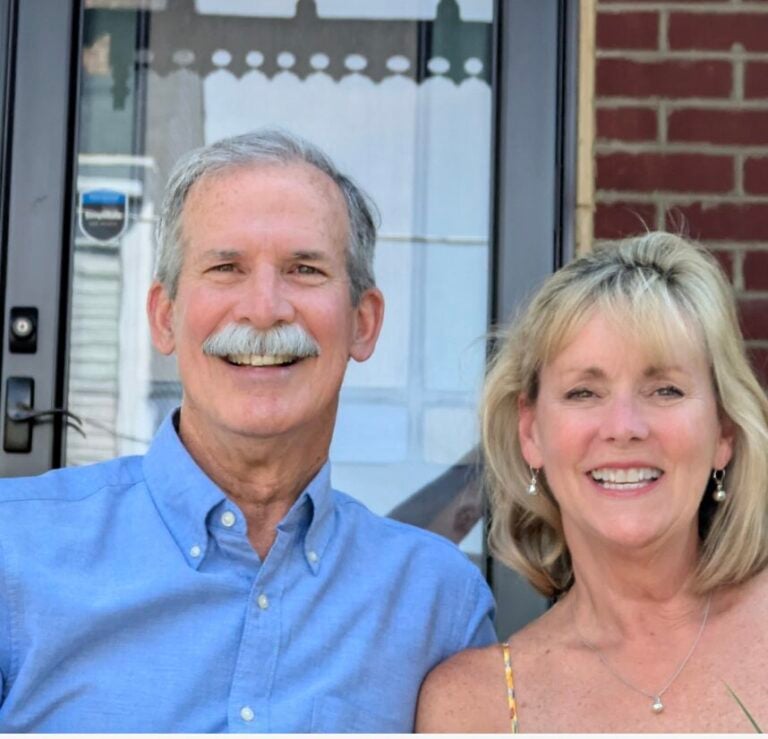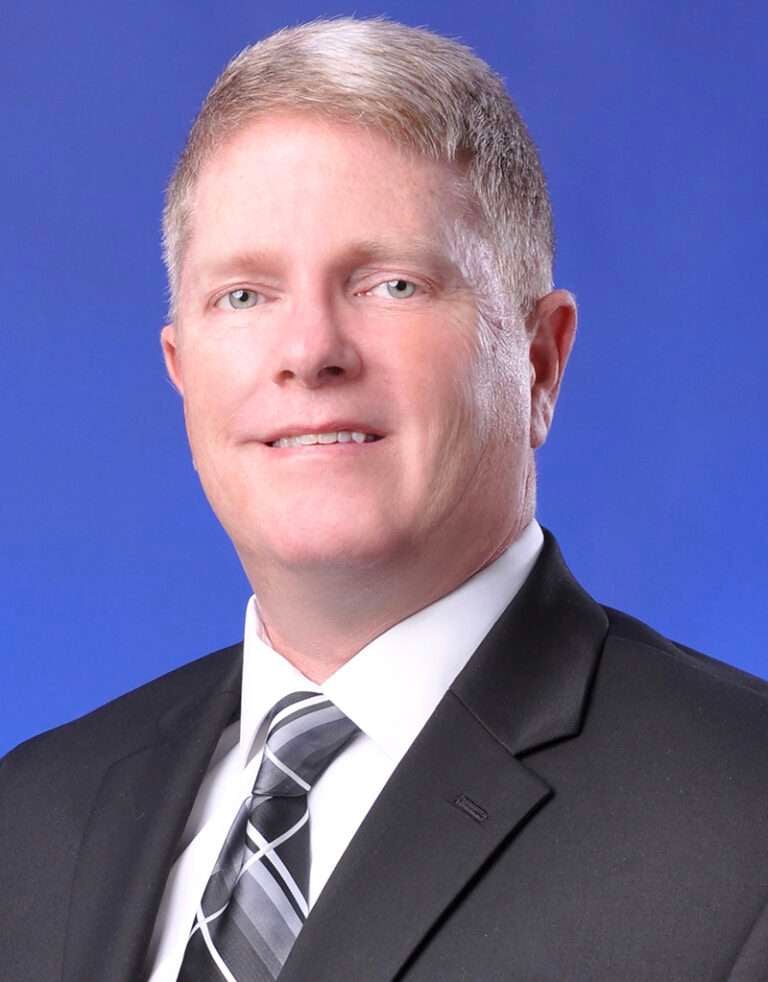By Hayden Gooding
University of Kentucky
It was a normal day for registered nurse Terry Foster when he traveled to Lexington for the Kentucky Emergency Nurses Association conference. He drove an hour from the Northern Kentucky area to settle in at a hotel the night before the conference.
Foster is a clinical nurse specialist for the emergency department at St. Elizabeth Healthcare in Northern Kentucky. He’s also the 2023 Emergency Nurses Association President and was scheduled to be the opening speaker at the conference.
He checked in at the Campbell House hotel and went to dinner with some friends and nurses who were in town for the conference. At dinner, he stuck to his regular diet and had salmon, asparagus and a salad.

The next day, Foster woke up to begin preparing to speak at the conference when he started noticing some chest discomfort.
“I thought it was a pulled muscle,” said Foster. “I wasn’t in denial; I just didn’t feel a lot of pain.”
He decided to take an ibuprofen and relax, but about 45 minutes later he noticed the pain increasing and knew something was feeling strange.
“I started thinking that if I am having a heart attack, I’m in a hotel room by myself and I need to get out of here,” said Foster.
Some people were already at the hotel beginning to set up for the conference, including three UK HealthCare emergency nurses, whom Foster knows well.
“When I approached them, I was sweaty, nauseous and the pain was a lot worse,” said Foster. “I knew I was having a heart attack.”
The team of nurses immediately called 9-1-1, and Foster knew what was next. He was all too familiar with how to handle emergencies, especially heart attacks.
Once the ambulance arrived, Foster was loaded onto a stretcher. One of his longtime friends attending the conference, Patti Howard, enterprise director of emergency services for UK HealthCare, joined him as they rode to the emergency department at the University of Kentucky Albert B. Chandler Hospital.
“Taking one glance at him I knew he was sick, and this was really happening,” said Howard.
The amount of time between the start of a heart attack and receiving treatment can determine the amount of damage to the heart muscle. The longer it takes to get treated, the higher the risk is for severe damage.

When he arrived at the hospital, Foster was rushed to the cardiac cath lab, where a medical team opens the closed or narrow artery and places a stent to stop the heart attack and resume regular blood and oxygen flow. A stent is a small tube that is placed inside a coronary artery and used to prevent the artery from narrowing or closing again.
“The system UK HealthCare has in place worked as designed,” said Howard. “Emergency medical services did their role, he went straight to a cath lab table and had his coronary vessel opened and then he was moved to recovery. He did great!”
Foster is grateful his treatment was successful and for the team who got him the help he needed.
“I received wonderful care at UK Chandler Hospital, they were very nice and supportive,” said Foster. “I’m so thankful for where I was when this happened, at a conference surrounded by nurses.”
As for what caused the heart attack, Foster says he is very active and lives an overall healthy lifestyle. He believes the heart attack could be related to his family history and genetics, which made him a higher risk for a heart-related medical emergency.
Foster remained at UK Chandler Hospital for two days before being discharged to go back home. He continues to see his doctors routinely, is on medication for cholesterol and participates in cardiac rehab. He has now returned to work and his daily routines.
“Don’t ignore symptoms,” said Foster. “If you have chest pain it’s important to figure out what is causing that pain. Any chest pain is an emergency until we can figure out what the cause is.”
Learn more about the warning signs of a heart attack at www.heart.org.
Hayden Gooding writes for UK Now.

















